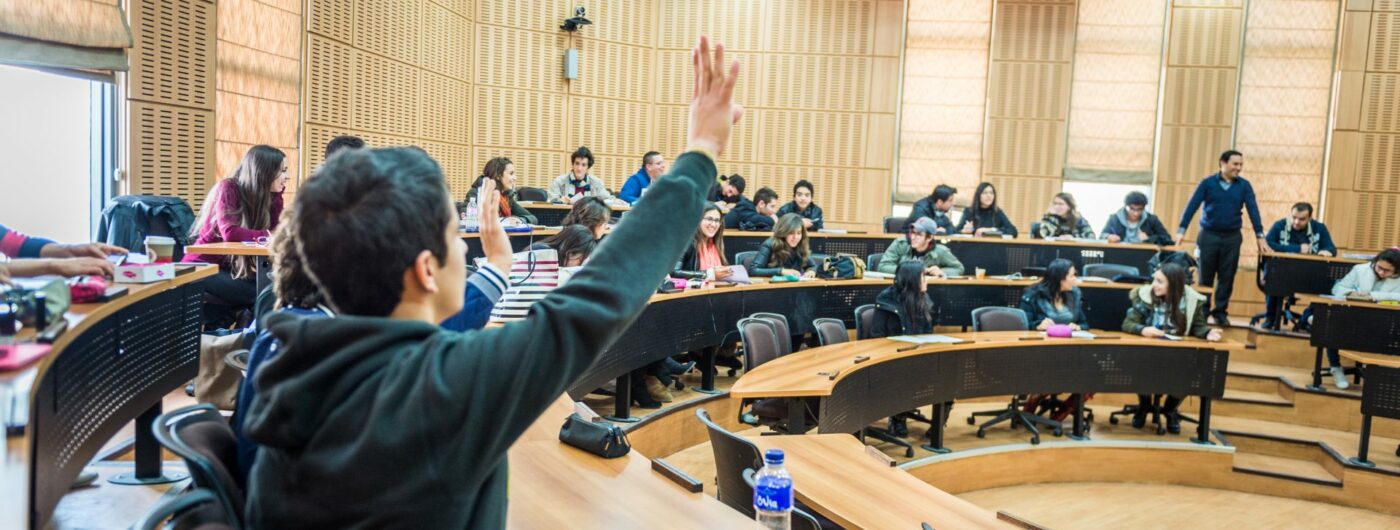
UfM Secretariat fosters regional dialogue on university cooperation and academic mobility
• The UfM Secretariat has initiated a regional dialogue on higher education, internationalisation and academic mobility involving more than 20 relevant experts from UfM Member States, the European Commission and other institutions.
• The experts discussed the impact and sustainability of university partnerships as well as the issues of governance and capacity-building, credit recognition, visas, the brain drain and youth employability.
Barcelona, 15 December 2016. The UfM Secretariat held a regional meeting on higher education, internationalisation and academic mobility in the Euro-Mediterranean region on 15 December at the UfM headquarters in Barcelona.
More than 20 experts from the European Commission, ministries, national institutions and international development agencies in UfM member states, such as the Centre for International Mobility (CIMO), the Tempus Public Foundation and the Spanish Agency for International Development Cooperation (AECID), as well as regional stakeholders, notably the UfM-labelled EMUNI University, the UNIMED network and the Association of Arab Universities (AArU), discussed concrete ways to foster regional cooperation in higher education at a time when the need for mutual understanding and youth opportunities has never been so pressing.
“Through this regional dialogue the UfM Secretariat aims at outlining a regional strategy to enhance higher education, internationalisation and student and staff mobility between both rims of the Mediterranean as well as among Southern Mediterranean countries. Putting together our respective expertise, experience and efforts will contribute to implementing new regional initiatives,” said UfM Senior Deputy Secretary General Delphine Borione, who emphasised the efforts of the UfM Secretariat to place human development and youth at the heart of the Euro-Mediterranean agenda.
The meeting provided the opportunity to share data and information about current internationalisation strategies, initiatives and programmes as well as the latest regulatory developments in several countries. Participants shared some best practices that could be replicated and up-scaled across the region, including academic networks of excellence, web-based information portals, student ID cards, intra-regional student mobility schemes, the Arab-Euro Conference on Higher Education (AECHE), the Global Platform for Syrian Students and the Higher Education Supporting Refugees in Europe (inHERE) project.
The UfM-labelled Euro-Mediterranean University of Fes (Université Euro-Méditerranéenne de Fès, UEMF), where 80% of students are expected to participate in mobility experiences abroad, was highlighted as a new regional centre of excellence that has already launched degree-awarding programmes in partnership with well-known higher education institutions from several Euro-Mediterranean countries. Some lessons were also drawn from other regional frameworks, in particular the Organization of Ibero-American States.

